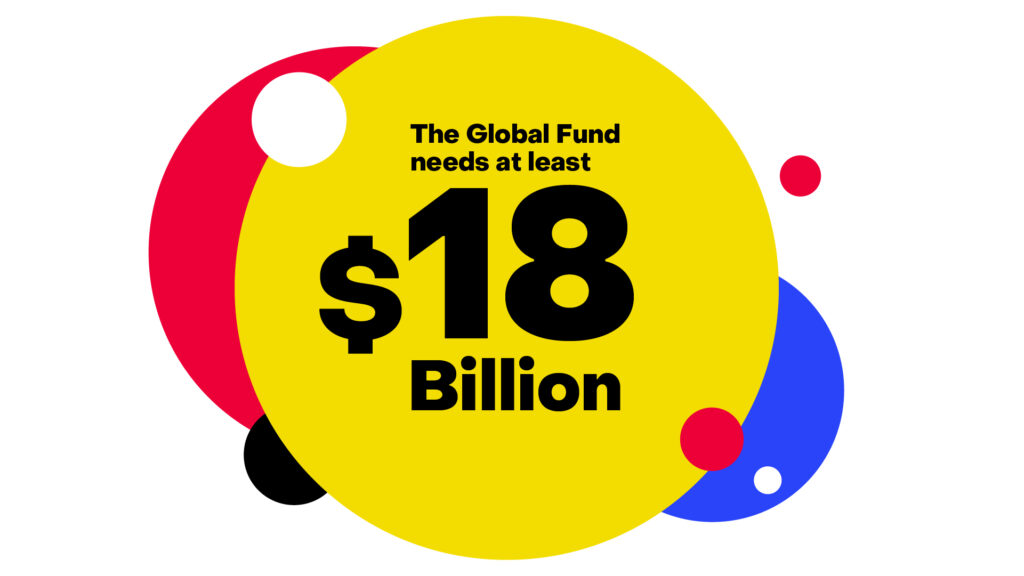The end of HIV, TB and malaria: Rwanda Gov’t and Civil society are ready

Two weeks left for the 7th Global Fund replenishment of raising US$18 billion needed to save 20 million lives toward ending HIV, TB and Malaria.
On September 18th, and 19th of this year, the Global Fund will be hosting that replenishment contracts. The countries of the region: South Africa, DRC, Kenya, Senegal and Rwanda organised a regional campaign to raise and amplify voices before this replenishment.
During VUKA show organized on 7th September, by Rwanda NGO Forum and Gfan Africa, Dr Gallican Rwibasira, Director of the HIV Division at the Rwanda Biomedical Centre – RBC noted the need for strong government leadership and community engagement to achieve these objectives.
He said that Rwanda was among the countries that are closing the work with the community to address diseases; more than 80% of the cases of malaria, close to 8% are managed, detected, and treated at the community level, and where TB detection and HIV prevention services are mainly managed at that level. For building strong communities that are capable of owning the program, is one of the successful parameters that could help treat and reduce the burden of these diseases.
For him, COVID-19 has proven that human health is fragile and calls on the world to invest in building a strong health care system, but they are also resistant to any other pandemics that could arise.
“We need that engagement more than ever, we need to keep advocacy as beneficiaries, we need to keep raising our voice. But also we need to engage again and more our political leadership to keep supporting this replenishment, but also, to keep mobilising other engagement to other sector that could help to support in this time around to sustain that have been achieved…”
Manzi Norman, Executive Director of Dream Village Organisation calls on the world to value the role of civil society and young people’s engagement by funding their efforts.
“It’s time that we started supporting the youth organisations, equip them with resources, as we talk about ending AIDS by 2030, if the youth is fully involved in the fight, very sure that it will end. So I call upon all partners to rethink again, so that they could invest much more than they were doing into youth led organisations. Together,we can continue to fight.” He said
Brice Bambara from Global emphasized the role and contribution of well-organised civil society in achieving this goal.
“During three years ago with the tremendous leadership of our partners, civil society being at the centre, was able to raise $14 billion. If we did it before, we can do it again.”
As far as Rwanda is concerned, he said that Rwanda was a model in this humanitarian action.
“It is very important for countries like Rwanda to invest in the Global Fund 7th replenishment. You know, it’s been proven that implementing countries have played and continue to play a pivotal role in the impact that the Global Fund I’ve had over the past 20 years. During the 6th replenishment, Rwanda was a Global Fund champion and pledged us the amount of $2.5 million. This year, the government of Rwanda is again the champion for the Global Fund replenishment.”
Brice noted that Rwanda will send a powerful message to donor countries and implementing countries. He also encourages other countries to follow in its footsteps in the fight for equitable access to health services.
“Every step counts, and I encourage the government of Rwanda. She also society and community partners, and also the private sector to continue to fight for what counts.”
Over the past 20 years, our unique partnership has invested more than US$53 billion, saving 44 million lives and reducing the combined death rate from HIV, tuberculosis (TB) and malaria by more than half in the countries in which the Global Fund invests.
For that every voice counts, every cent counts, and every life counts to end HIV, TB and Malaria


